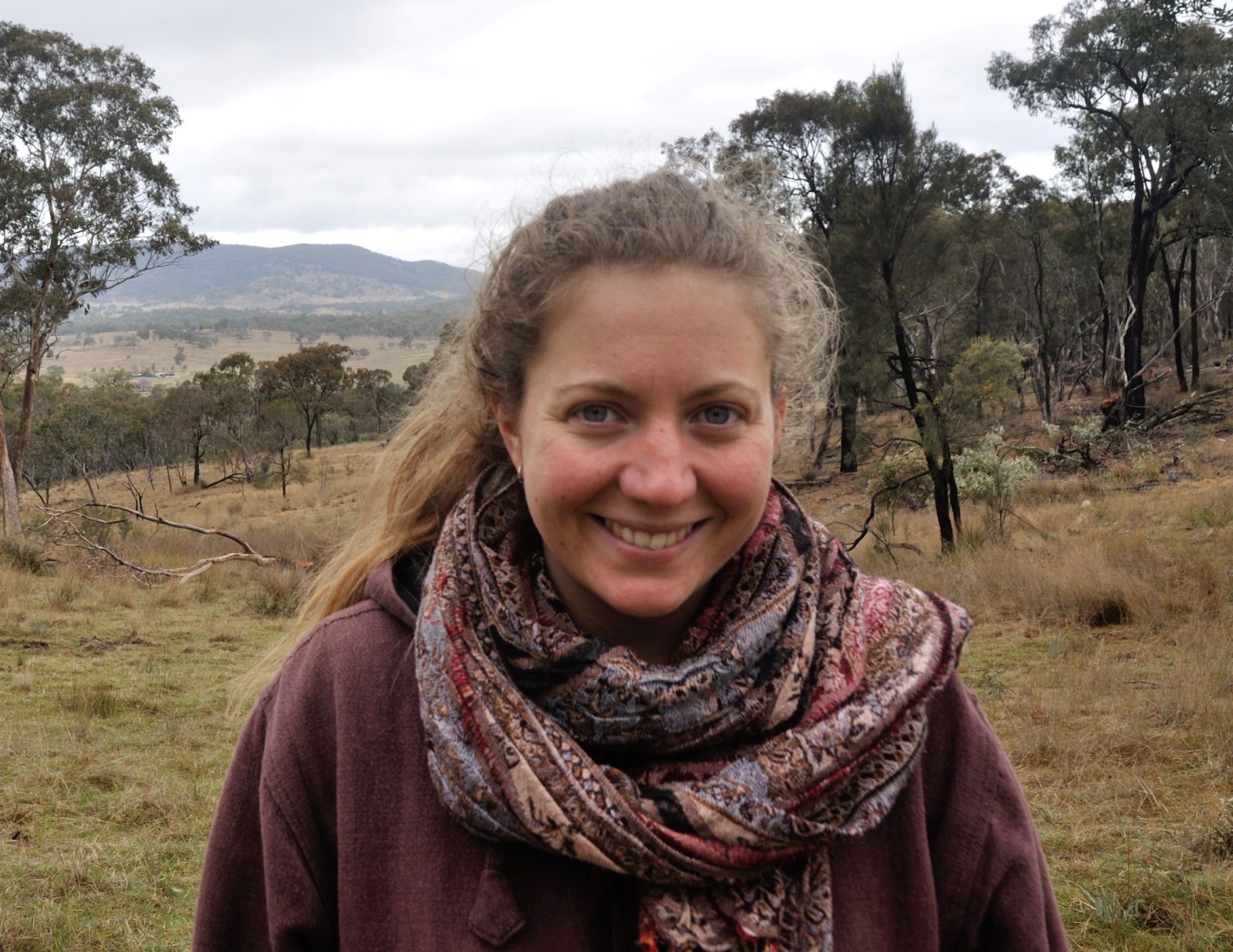
Why is this research project important?
By unravelling the genome characteristics of tea tree and conducting comparative genomic studies with eucalypts, the team and I hope to understand more about the evolutionary history of the Myrtaceae plant family in Australia. I am particularly interested in understanding how the unique Australian environment shaped the genomes of these trees, and what made them what they are today, iconic trees with special essential oils. Genome sequencing, which is the anlaysis of all the genetic material of an organism, can help us to understand which parts of a genome are important and how species adapt to their habitat. An increasing number of plant genome sequences became available in the last few years, but early sequencing projects of plants were mainly concentrated on short-lived model organisms. Hence, we still need further studies on long-lived non-model plants. These studies will help us to explain how environmental factors influence the adaptation of species and how tree genomes evolve. In order to understand more about the diversification of species, it is also valuable to compare the genomes of related species. Thus, tea tree is our perfect plant.
Tea tree is a long-lived tree, belongs to the family of Myrtaceae and is related to eucalypts. With a few genomes of eucalypts already sequenced, this gives us a platform for comparative studies. Furthermore, a number of studies have previously been conducted on tea tree including genomics, breeding, population structure and more, because of its valuable essential oil. So there’s a wealth of information to incorporate into this project as well as new knowledge to uncover.










